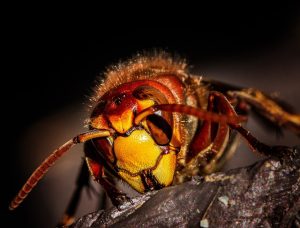Mosquitoes, a persistent nuisance, are controlled through a combination of methods. Traditional tactics like swatting and insecticides offer temporary relief but have environmental and health drawbacks. Integrated Pest Management (IPM) employs biological, chemical, and environmental strategies to disrupt the mosquito lifecycle while minimizing synthetic pesticides. Natural alternatives, such as citronella, lavender, and eucalyptus essential oils, provide safe and effective repellents. Plant-based mosquito repellents, accessible in various forms, offer eco-friendly solutions. Modern innovations like smart sensors and genetic engineering further enhance mosquito control. Sustainable home remedies and strategic landscaping contribute to long-term mosquito management, prioritizing environmental preservation and public health.
Mosquitoes are more than just a nuisance; they pose significant health risks, transmitting diseases like Zika and malaria. Understanding these insects’ behavior and habitat is crucial for effective mosquito control. This article explores a comprehensive range of mosquito repellent treatments, from traditional methods to modern technologies, natural alternatives, and even home remedies. Discover how to create mosquito-free environments while considering the environmental impact of each approach, ensuring both human health and ecological balance in mosquito control.
Understanding Mosquitoes: Behavior and Habitat
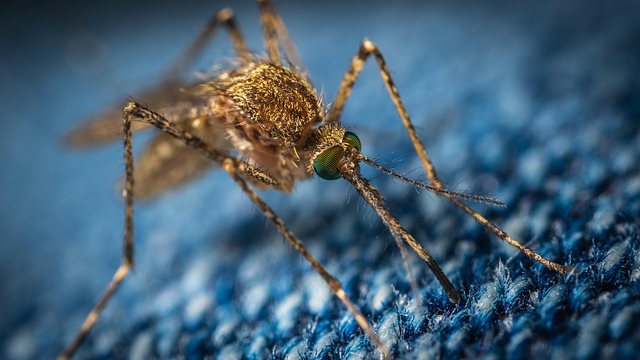
Mosquitoes are more than just a nuisance; they’re tiny pests with a complex behavior that impacts their habitat choices. Understanding their habits is key to effective mosquito control. These insects are primarily drawn to warm, stagnant waters where they breed, making bodies of standing water like ponds, buckets, and clogged gutters ideal breeding grounds. They are also strongly attracted to carbon dioxide, body heat, and certain chemicals in our sweat, which helps them locate potential hosts for feeding.
Mosquitoes are most active during dawn and dusk, when they seek blood meals to support their egg development. Knowing these patterns allows us to implement targeted mosquito control strategies, such as eliminating standing water, using mosquito repellents, and installing screens or fans to deter them from our living spaces.
Traditional Mosquito Control Methods
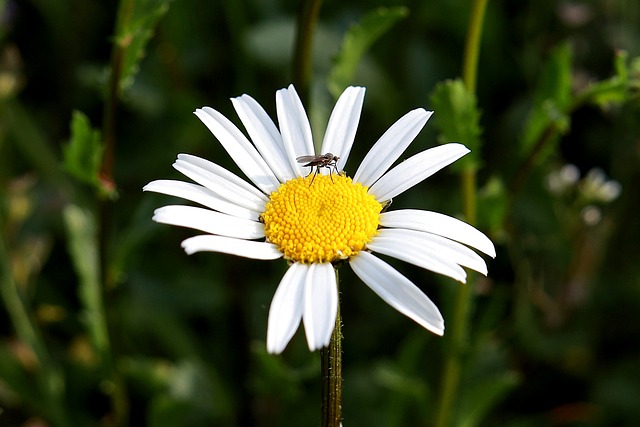
For centuries, humans have been battling mosquitoes, and traditional mosquito control methods have evolved alongside our understanding of these persistent pests. From early efforts like manual swatting to more established techniques such as insecticide sprays and traps, these methods offer temporary solutions but often struggle to effectively eradicate mosquito populations.
Chemical-based mosquito control has its drawbacks, including potential environmental impact and health concerns. As a result, many modern approaches now focus on integrated pest management (IPM), employing a combination of biological, chemical, and environmental strategies. This holistic approach aims to disrupt the mosquito lifecycle while minimizing the use of synthetic pesticides, offering a more sustainable and environmentally friendly solution for effective mosquito control.
Chemical Repellents: Benefits and Risks
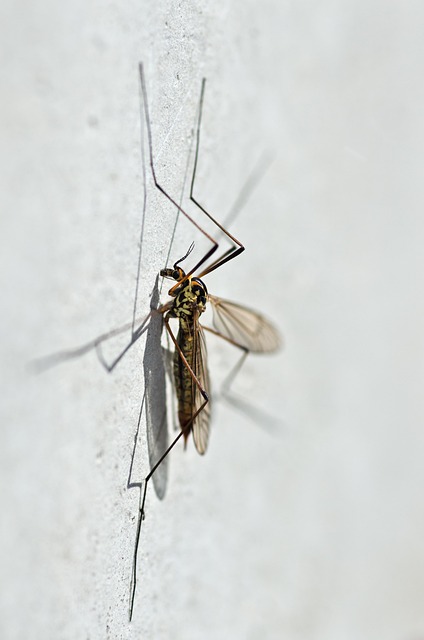
Chemical repellents have long been a go-to for mosquito control, offering effective protection against these pesky insects. They work by masking human scents or blocking chemical signals that attract mosquitoes. The benefits are clear: they can significantly reduce bite incidents during outdoor activities and provide relief for those prone to severe reactions. These products are especially useful in areas with high mosquito populations or during peak biting times.
However, there are risks associated with relying on chemical repellents. Some contain ingredients that have been linked to potential health issues, including skin irritation and respiratory problems, particularly when used repeatedly or incorrectly. Additionally, their effectiveness can vary greatly depending on factors like wind, temperature, and individual body chemistry. As such, it’s crucial to choose reputable brands, follow application instructions carefully, and consider alternative methods for those with sensitive skin or environmental concerns.
Natural and Organic Alternatives

Many people are turning to natural and organic alternatives for mosquito control due to growing concerns about the potential health risks associated with traditional chemical repellents. Essential oils like citronella, lavender, and eucalyptus are popular choices as they offer a safe and effective way to keep mosquitoes at bay. These natural compounds can be found in various forms such as candles, diffusers, or topical applications, providing a pleasant aroma while repelling mosquitoes.
Unlike synthetic chemicals, organic mosquito control methods are environmentally friendly and less likely to cause skin irritation. They also offer a more subtle and natural way to manage mosquito populations without contributing to the growing issue of chemical pollution. By opting for these alternatives, individuals can create a healthier outdoor environment while still enjoying their outdoor spaces without the buzz of mosquitoes.
Plant-Based Mosquito Repellents
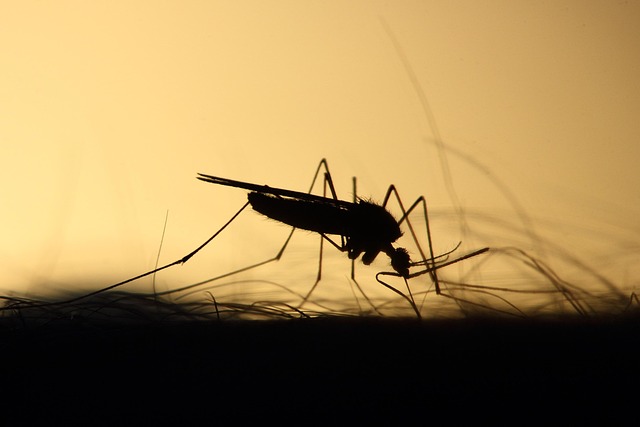
Plant-based mosquito repellents have gained popularity as a natural and eco-friendly approach to mosquito control. These repellents harness the power of essential oils derived from various plants, such as citronella, lavender, peppermint, and eucalyptus. When applied topically or diffused, these oils create a protective barrier against mosquitoes, providing a more sustainable alternative to synthetic chemicals.
Unlike conventional insecticides that can be harmful to both humans and the environment, plant-based options offer a safer, healthier solution for mosquito prevention. Many of these repellents are easily accessible and can be found in various forms, including candles, sprays, lotions, and diffusers. Their effectiveness lies not only in their natural properties but also in their ability to repel mosquitoes without leaving behind toxic residues, making them ideal for use around children and pets.
Environmental Considerations for Mosquito Control

In the quest for effective mosquito control, environmental considerations play a crucial role in balancing protection and preservation. Using chemical insecticides, while potent, can have adverse effects on non-target species, including beneficial insects and aquatic life. Additionally, their persistence in the environment raises concerns about water contamination and long-term ecological impact.
As an alternative, natural methods like biological control agents, habitat manipulation, and plant repellents offer a more sustainable approach to mosquito management. These strategies not only reduce environmental harm but also promote biodiversity by targeting specific mosquito species while coexisting harmoniously with other organisms. In urban settings, green infrastructure such as rainwater gardens and bioswales can help manage standing water, a breeding ground for mosquitoes, in an eco-friendly manner.
Modern Technologies in Mosquito Management
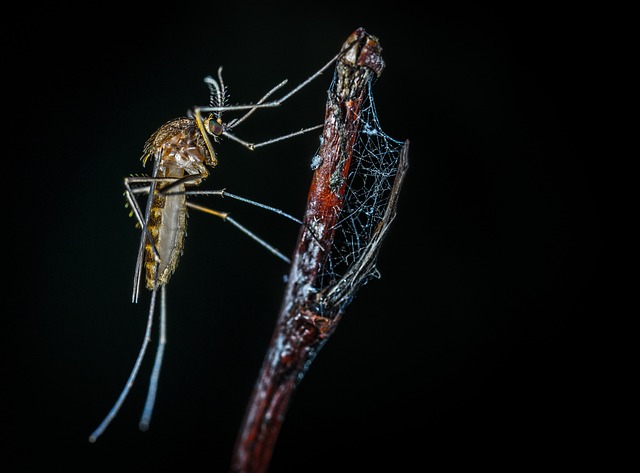
In the modern era, mosquito control has seen significant advancements through innovative technologies aimed at managing and reducing mosquito populations effectively. One prominent approach is the use of smart sensors and monitoring systems that can detect even subtle changes in environmental conditions, allowing for precise timing of interventions. These technologies enable authorities to deploy treatments only when and where they are needed, minimizing waste and potential environmental impact.
Additionally, genetic engineering has played a crucial role in mosquito management. Scientists have developed strategies to introduce genetically modified mosquitoes into wild populations, which can reduce the overall fertility of female mosquitoes. This method, known as Sterile Insect Technique (SIT), offers a sustainable solution by disrupting the breeding cycle and, consequently, decreasing mosquito-borne disease transmission. Such modern technologies present promising avenues for improving public health and enhancing our ability to combat mosquito-related challenges.
Home Remedies for Effective Mosquito Prevention
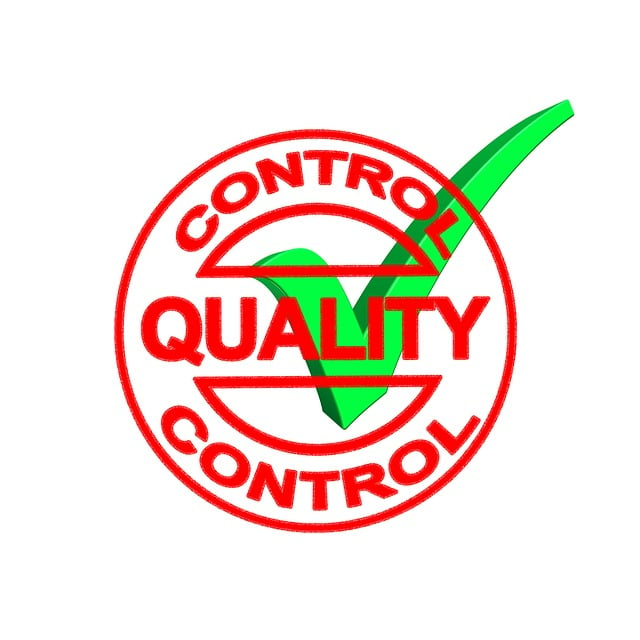
Many effective mosquito control methods can be found right at home, offering natural and cost-friendly solutions for preventing bites. One popular remedy is citronella, often used in candles or essential oils. These products contain compounds that mosquitoes find unpleasant, creating a protective barrier around your living spaces. Another simple yet potent method is using vinegar and water sprays. Mosquitoes are deterred by the strong acetic acid in vinegar, making it an easy-to-make, eco-friendly repellant.
Herbal plants like lavender, lemongrass, and basil also serve as natural mosquito repellents. These scents are known to mask human odors that mosquitoes find attractive, effectively driving them away. Home remedies not only provide immediate relief but can be a sustainable approach to mosquito control, especially in areas with high insect populations.
Long-term Strategies for Mosquito-Free Environments
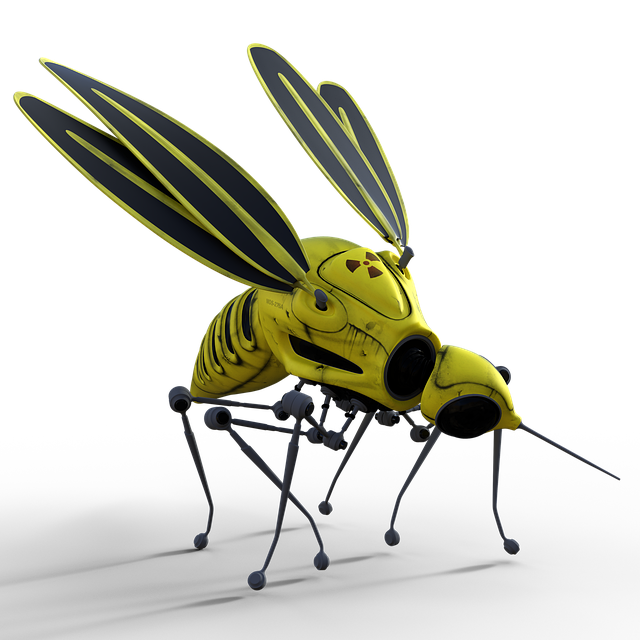
Creating a mosquito-free environment requires more than just quick fixes; it demands sustainable, long-term strategies that focus on mosquito control. Implementing integrated pest management (IPM) approaches is key to achieving this. This involves understanding mosquito breeding grounds and taking proactive measures to eliminate them. Regularly emptying standing water from containers like buckets, flower pots, and old tires disrupts the lifecycle of mosquitoes, preventing their population from thriving.
Additionally, landscaping plays a crucial role. Planting mosquito-repelling herbs like citronella, lavender, or marigolds can naturally deter these insects. On a broader scale, installing screens on windows and doors keeps them at bay indoors, while treating outdoor living spaces with approved insecticides offers additional protection. These strategies collectively contribute to an overall healthier environment and significant reduction in mosquito-borne disease risks.
